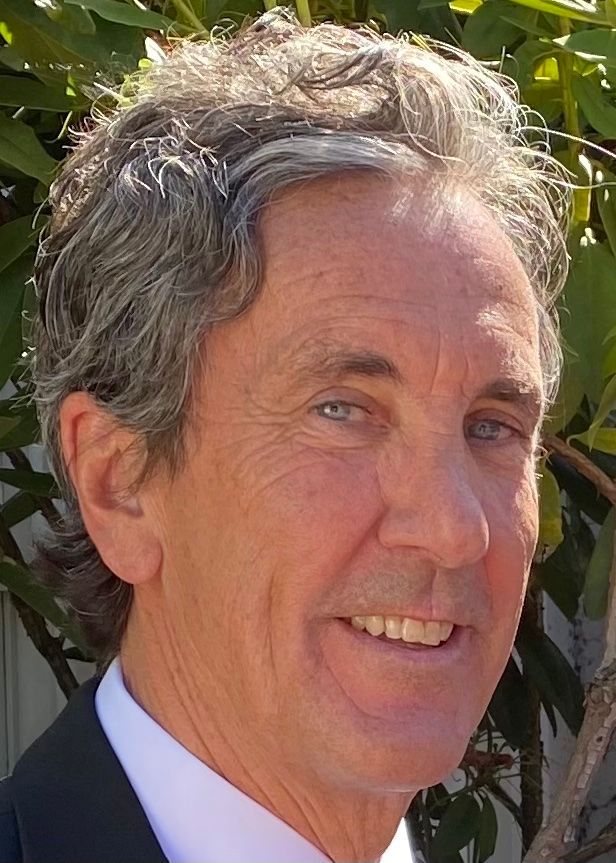Dr. Christopher Fabian
Psychiatrist

Dr. Christopher Fabian, MD
At a Glance
Words to Live By
"Get up every day and don’t let the old man in." - Clint Eastwood
Specialties and Expertise
Medication Management, Emergency Psychiatry, Psychotherapy
Client Focus
Diverse Demographic Comprising Patients With Various Conditions
Professional History
- Monmouth Medical Center (Long Branch, NJ) – Staff Psychiatrist
- Private Practice (New York City) for 23 Years
- St. Vincent’s Hospital – Managed an Inpatient Unit
Education
- Doctor of Medicine – Georgetown University School of Medicine
- Residency and Internship – St. Vincent’s Hospital, New York City
- Bachelor of Science – The University of Notre Dame
Christopher’s Story
Honest and transparent communication is not only important but also foundational in psychiatry. I’m mindful of that and practice it daily both at Modern Psychiatry and in the hospital with patients and colleagues.
Previously, psychiatry was a mix of psychotherapy and medication management. Today, it’s more about medication management. Still, it’s that psychotherapy skill ... that ability to interview ... that’s essential to getting patients on the right medication and treatment plan.
“It takes a long time to get to know someone, but in an interview, an initial interview, whether we talk to them for five, 10 or 20 minutes, we flesh out what the person is like – and what their life is like. That psychotherapy background helps us read people even if they’re just seeing you for medication management.”
That we is not just about psychiatrists, though. It includes Social Workers, Mental Health Nurse Practitioners and Advanced Practice Nurses who are trained to do psychiatric screenings and vital to the psychiatric team.
It's that team of people transparently and accurately sharing information that helps to keep patients safe. “When someone is acutely depressed and suicidal, once they’re there [e.g., the emergency room or doctor’s office], they’re safe. It becomes a matter of how to manage them medically, how to manage their medication, or whether or not to admit them to the hospital.”
Safety is also a focus. I value collaborations with staff and patients, my communications with Social Workers and Nurses, and am often on hand after-hours to ensure safe care.
So many people are suffering with mental health issues, and there’s a dearth of mental health professionals. That’s what makes virtual care such a benefit. “It offers the opportunity to reach out to more people, many who would not otherwise be able to receive treatment.”
